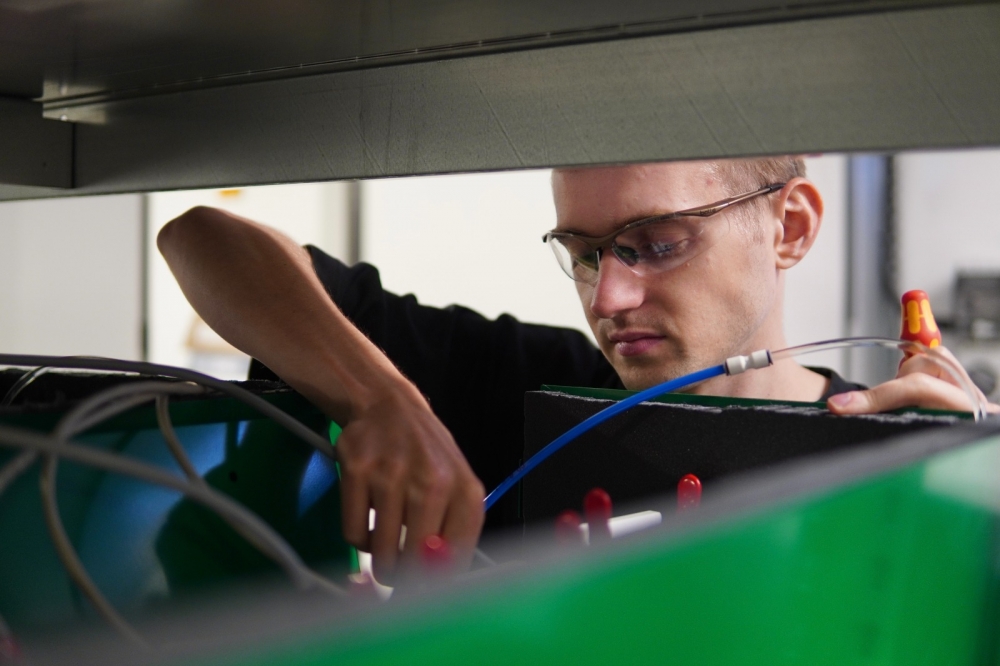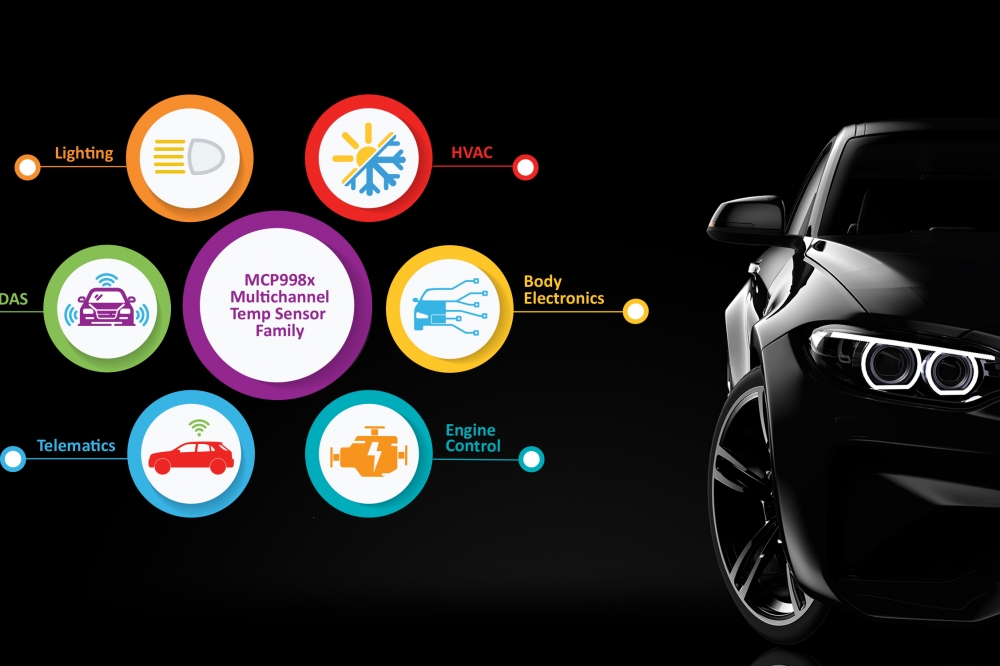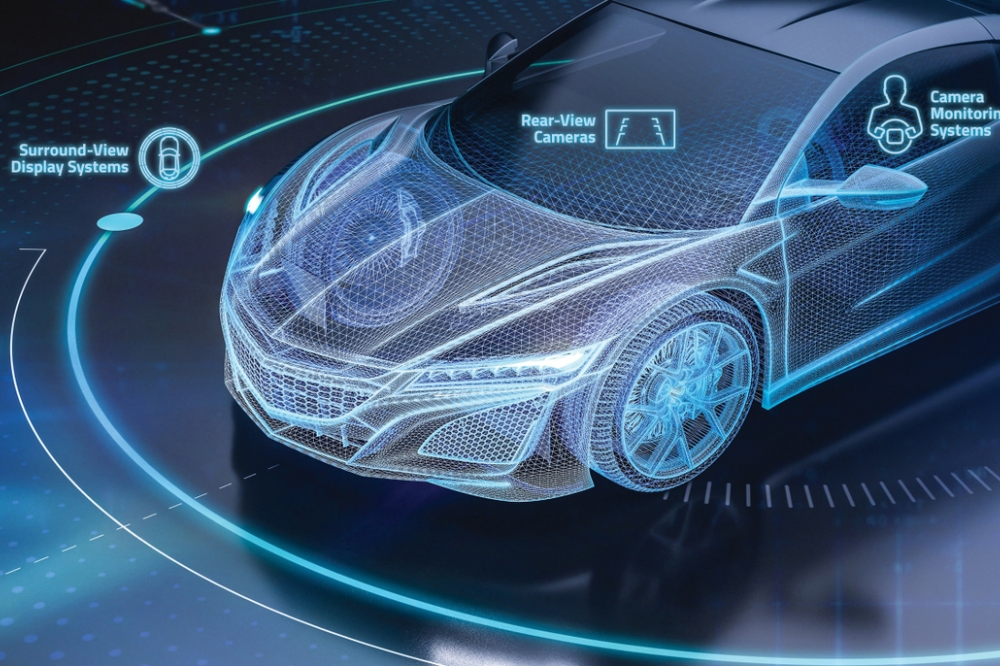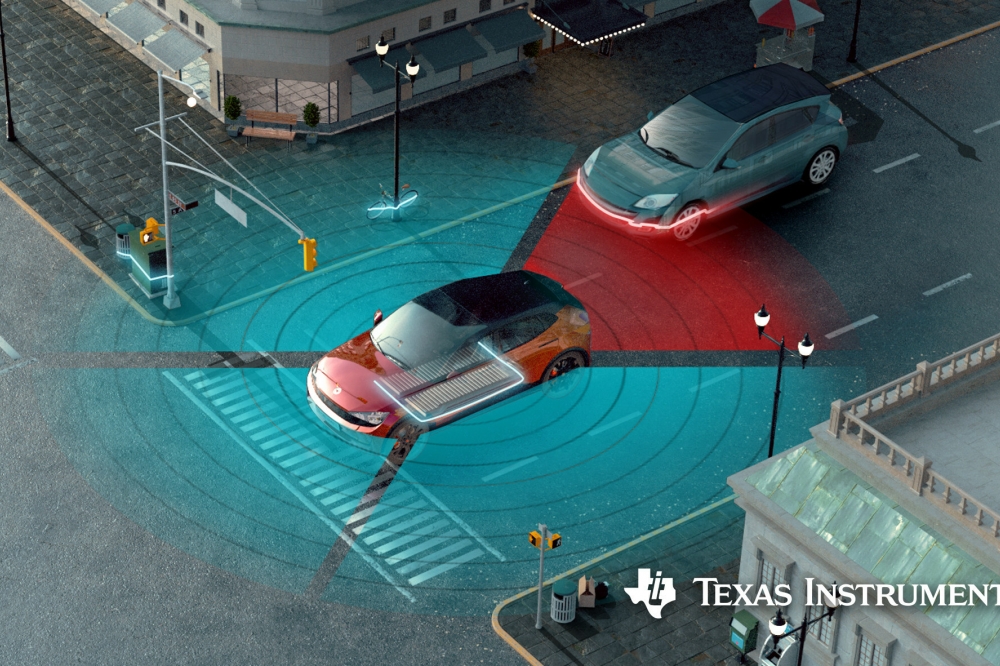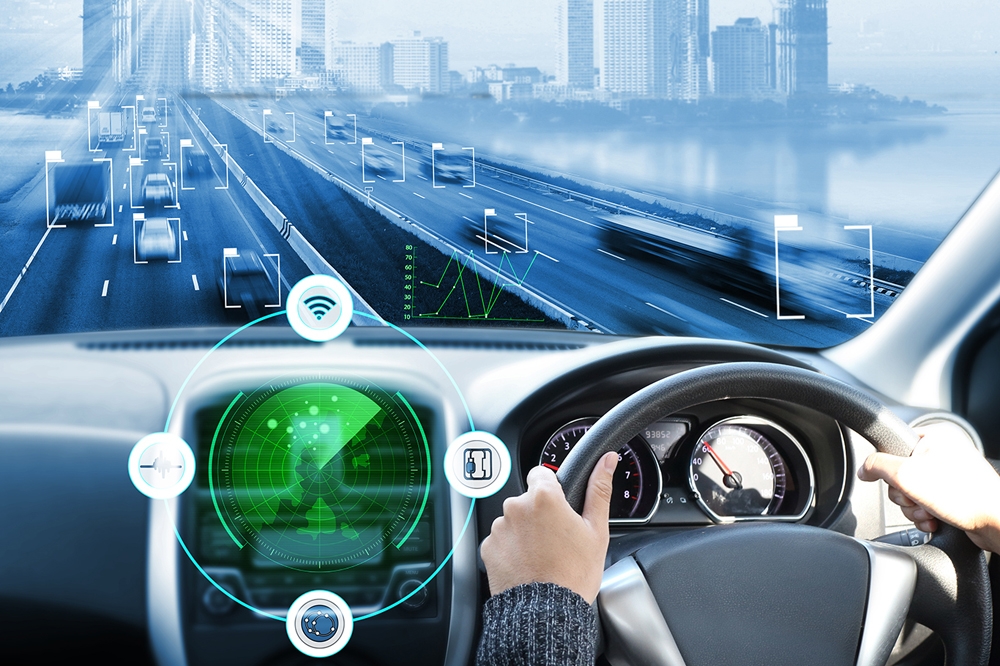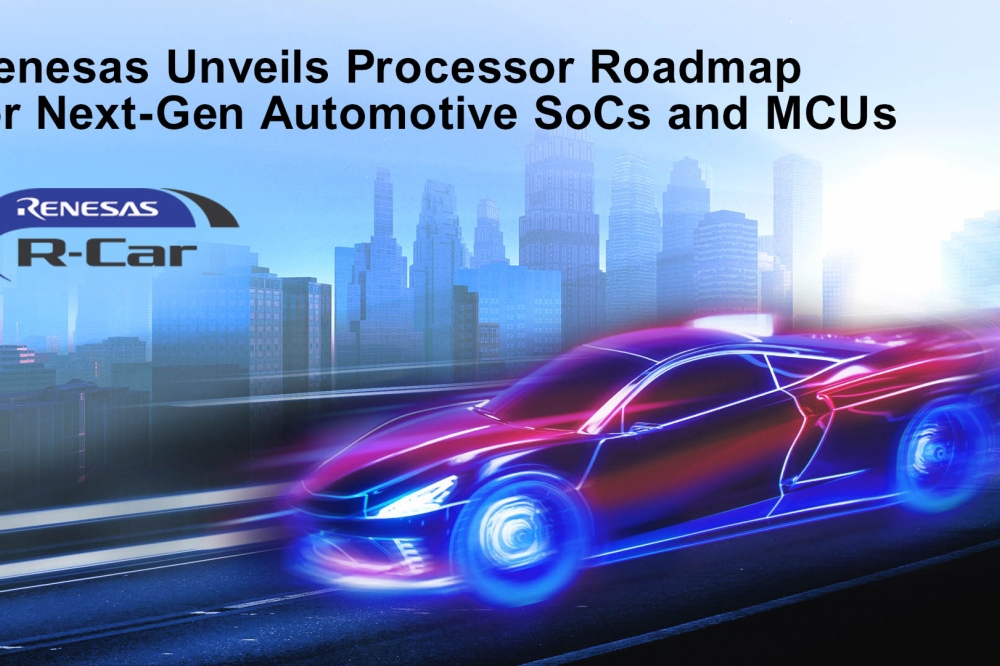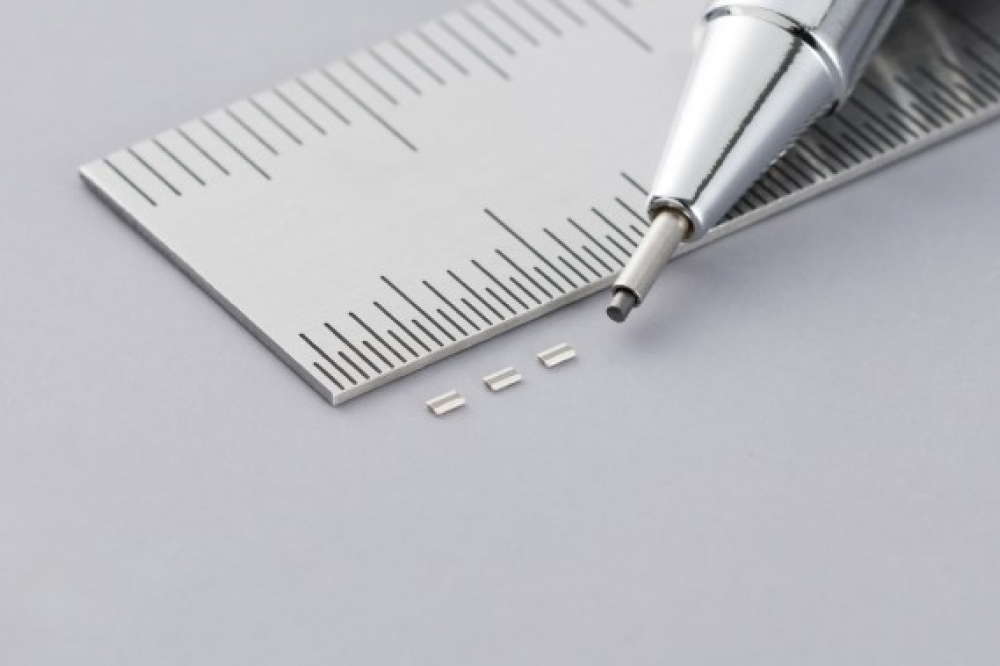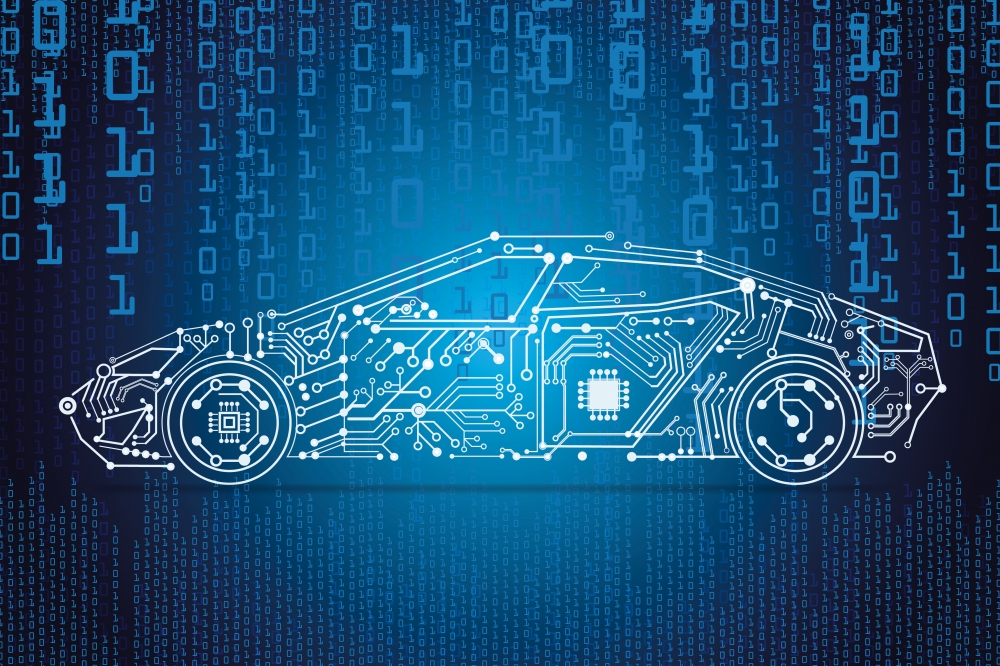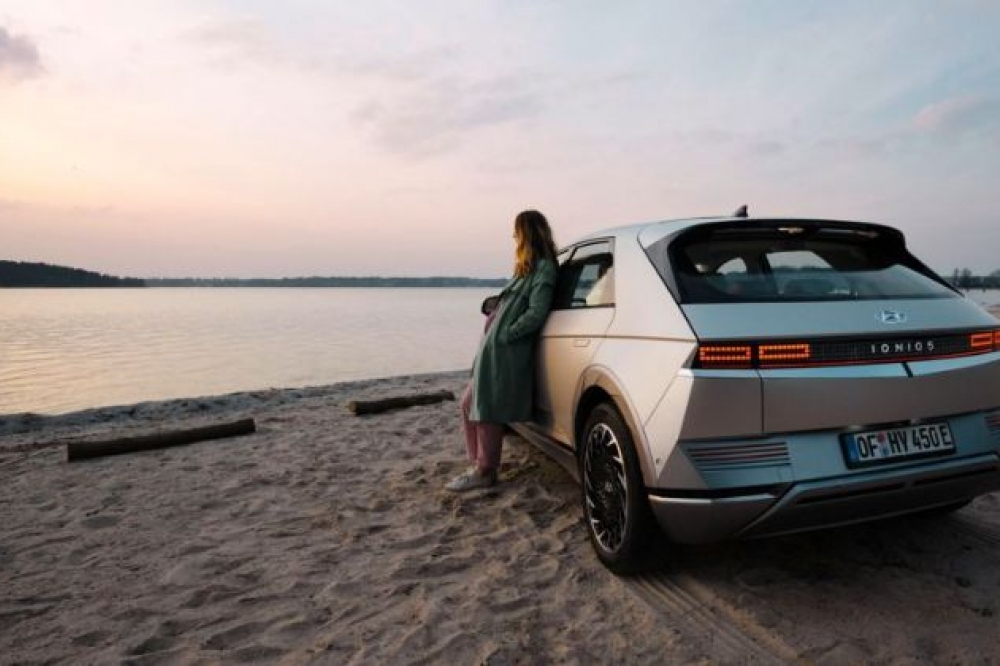WWL busts 6 myths about EVs and the outbound supply chain
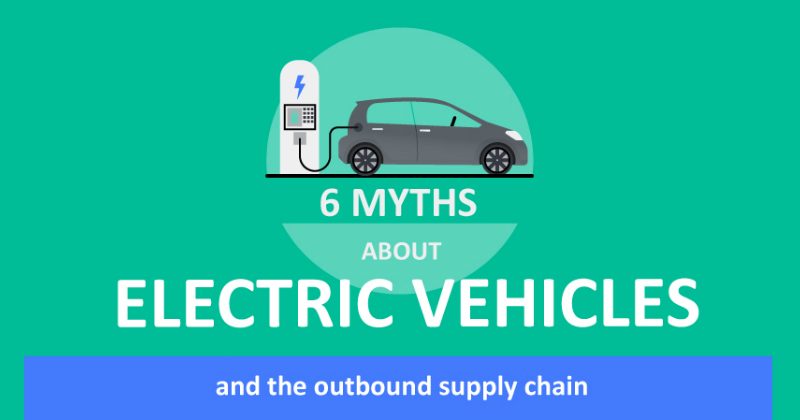
With electric vehicle (EV) sales booming and auto manufacturers keen to meet growing global demand, Wallenius Wilhelmsen explore some of the most common myths about EV logistics – and sort fact from fallacy once and for all.
Some analysts believe that the year 2030 will see electric vehicles outnumber petrol-engine vehicles.
1. The outbound supply chain is only concerned with petrol and diesel vehicles.
Despite being neglected by the automotive industry for many decades, electric vehicles now play a crucial role in the fight against climate change. As a result, the automotive outbound supply chain and most major logistics providers are now set up to cater for the supply chain needs of the rapidly growing EV market.
2. Logistics providers don’t have specific arrangements in place to deal with EVs.
Wallenius Wilhelmsen’s first EV shipment took place 19 years ago in 2000, so the company has significant experience transporting EVs from A to B. Double lashing ensures EVs are stored safely on vessels – and on land, disabled units are transported using frames to ensure damage-free transit.
Extended pre-delivery inspection services include battery charging (for ocean transport, the maximum battery charge is 70%), installation and documentation. Additionally, a non-starter process means that flat or broken auxiliary batteries can be charged or changed, and immobile units can be lifted to battery stations on specially designed frames.
3. EVs are sometimes perceived to be too expensive to buy – consequently, the market doesn’t look set to grow.
Global sales of plug-in and battery electric vehicles are expected to hit 2.6 million this year. And the next decade will see exponential growth, with forecasts predicting 120 million more electric vehicles on our roads by 2030. Indeed, some analysts believe that the year 2030 will see electric vehicles outnumber petrol-engine vehicles – in part due to government bans on conventional petrol and diesel vehicles. Industrial use of EVs also looks set to grow.
4. EVs are more dangerous to transport than conventional vehicles.
Despite common misconceptions, EVs aren’t considered any more dangerous to transport than other vehicles. According to a 2017 National Highway Traffic Safety Administration report: “… the propensity and severity of fires and explosions from the accidental ignition of flammable electrolytic solvents used in Li-ion battery systems are anticipated to be somewhat comparable to or perhaps slightly less than those for gasoline or diesel vehicular fuels”.
5. EVs aren’t any better for the environment than petrol or diesel cars when they’re charged by electricity produced from coal, oil or gas.
While EVs offer environmental benefits thanks to reduced emissions, some people are concerned that charging EVs from fossil fuel-generated electricity may negate the benefits. Of course, global OEMs and suppliers are working hard to make EVs even greener by charging batteries from renewable sources. This is seen as the ‘last mile’ in terms of the environmental benefits of this technology.
But many studies now show that EVs are still greener than their ICE counterparts when charged with ‘dirty’ electricity sources. EV battery technology is becoming cheaper, lighter and more powerful, making vehicles cheaper, more efficient and more environmentally friendly.
6. The infrastructure for charging EVs is inadequate – each unit requires its own charging station.
While many believe that every vehicle requires its own charging station, the number of charging stations actually depends on the customer’s state of charge requirements and the transport mode with which the units were delivered at the storage facility. A case in point: Wallenius Wilhelmsen recently moved 30,000 EVs from the Baltimore to Zeebrugge and used four charging stations at the port of load and 20 at the port of delivery. Charging times vary but are generally thought to take between two and four hours per unit.
WWL busts 6 myths about EVs and the outbound supply chain
Modified on Tuesday 17th September 2019
Find all articles related to:
WWL busts 6 myths about EVs and the outbound supply chain


 Add to my Reading List
Add to my Reading List Remove from my Reading List
Remove from my Reading List